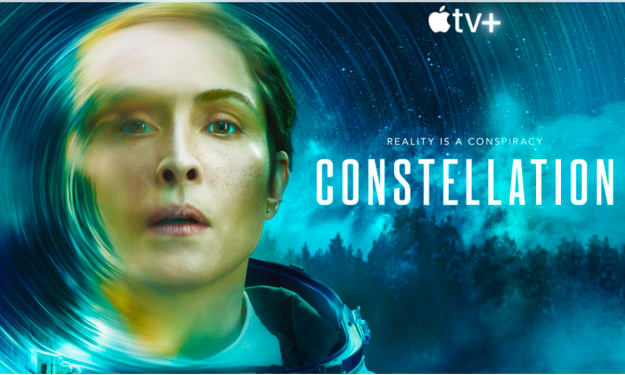
Though historians debate the exact date, by any reasonable measure radio drama stopped being a mass entertainment in America over 50 years ago. In the intervening decades fitful attempts at revivals have been made by both commercial and public radio entities. However, despite some signs of life in the area of “scripted podcasts,” the medium remains a curiosity in the current cultural landscape. Even in the final few years of radio drama’s heyday, when CBS continued to produce a handful of series, it was already something of a novelty, the mass audience having migrated to television by the time JFK took office.
The final episode of the beloved anthology series Suspense in 1962 punctuated a dozen years in which radio drama came of age artistically in almost inverse proportion to the size of its audience. Aside from westerns, the genre which underwent the most profound evolution in this time was science fiction. Acclaimed playwrights such as Arch Oboler sometimes explored the genre with thoughtful dramas like Rocketfrom Manhattan, but for much of radio’s “golden age,” the only regular offerings were adventure-oriented serials like FlashGordon and BuckRogers geared toward children. NBC’s DimensionX was not radio’s first dedicated outlet for serious science-fiction, but along with its successor series XMinusOne it's certainly the best remembered.
This reflects not just the strong production values but also the quality of the stories presented. From Frederik Pohl and Kurt Vonnegut to Philip K. Dick and James E. Gunn, many of the field’s finest writers had their work showcased on these two programs. Their roster also included Ray Bradbury whose MartianChronicles stories provided the source material for multiple broadcasts. These episodes from radio's past offer an interesting point of comparison with the medium's present.
In the UK, radio drama endures even if it’s not as prevalent as it once was. Productions there range from the rural drama TheArchers, which the BBC has broadcast since 1951, to ghost stories and science-fiction. The latter genre remains well-suited to radio thanks to the trinity of script, acting and sound-design's collective ability to provide what amounts to a limitless budget. One such example was a recent dramatization of The Martian Chronicles, which has both aired on BBC Radio and been released commercially.
Like previous adaptations from DimensionX and X MinusOne, this contemporary production doesn't adapt the entire book but rather weaves together elements from throughout. Not surprisingly they often gravitate to events featuring Captain Wilder, the astronaut who commands the expedition to Mars depicted in AndtheMoonBe Still as Bright and serves as that story's moral center.
The casting of Wilder is the one area where the more recent production is definitively superior to its precursors. Though veteran actor Wendell Holmes played the part well in DimensionX's 1950 broadcast, he is inevitably outclassed by Derek Jacobi, whose best known work includes the title roles in I, Claudius and the mystery series Cadfael. Having an actor of his caliber in the lead role is invaluable. Many of Bradbury's stories deal with colonization, and the gravity he brings to the role ensures the proper balance of allegory and drama.
Jacobi is supported by a group of stage, TV and film veterans. Chief among them is Hayley Atwell in the key role of Spender, an archaeologist who takes it upon herself to be a voice for the Martians. Atwell has been a standout in everything from period dramas to Marvel Comics movies and is no less effective here, holding her own opposite Jacobi.
At its best, science-fiction uses fantastic situations to tell us about ourselves in ways we might not otherwise accept. The various adaptations of TheMartianChronicles are above all a testament to the ability of sound—particularly the human voice—to convey the best and worst of humanity.






Comments
There are no comments for this story
Be the first to respond and start the conversation.